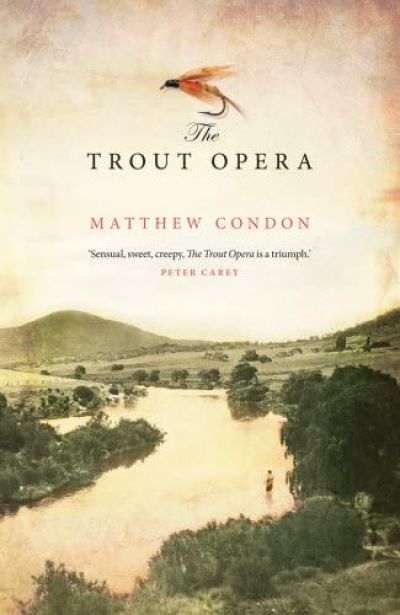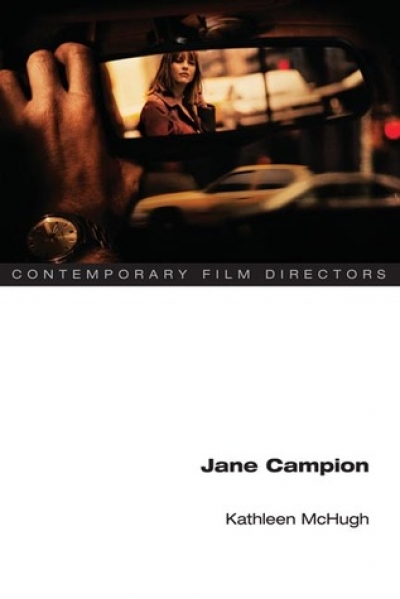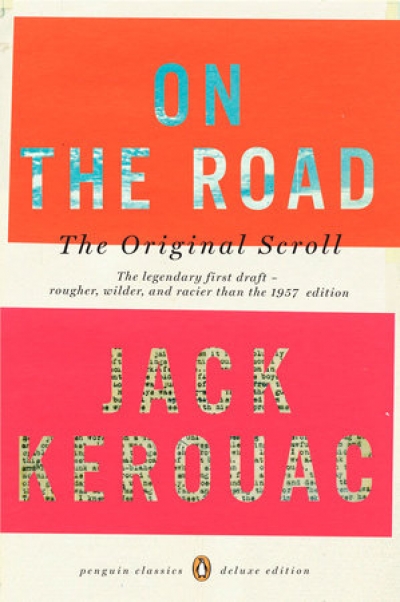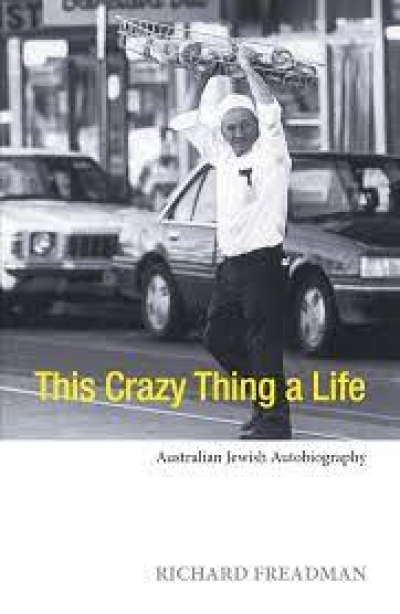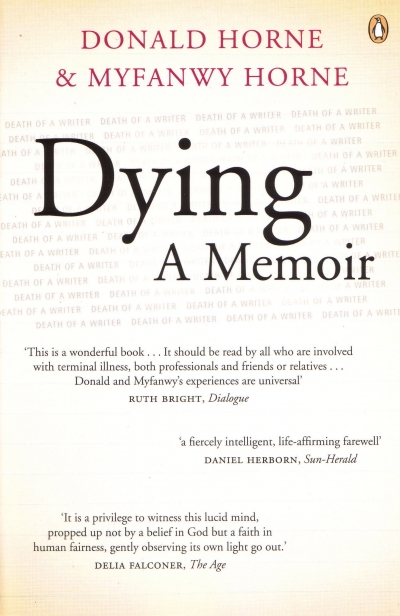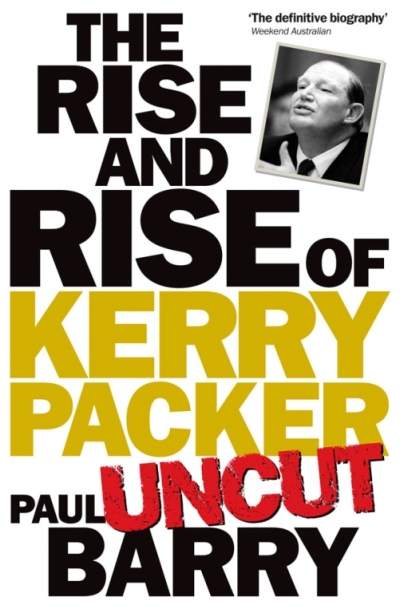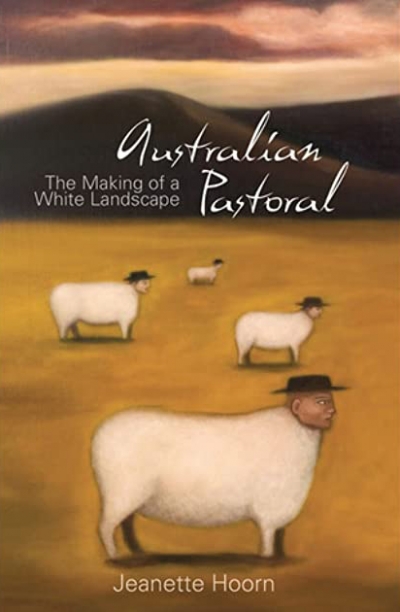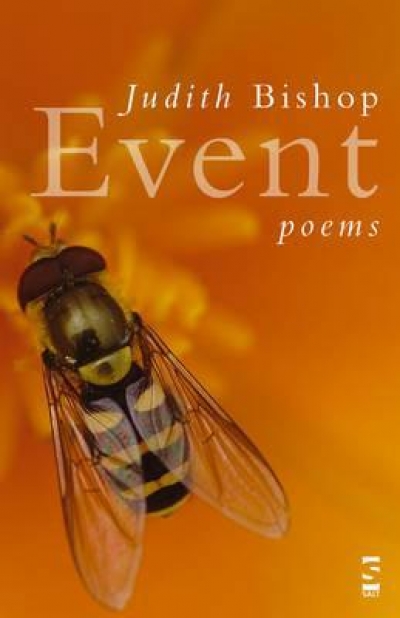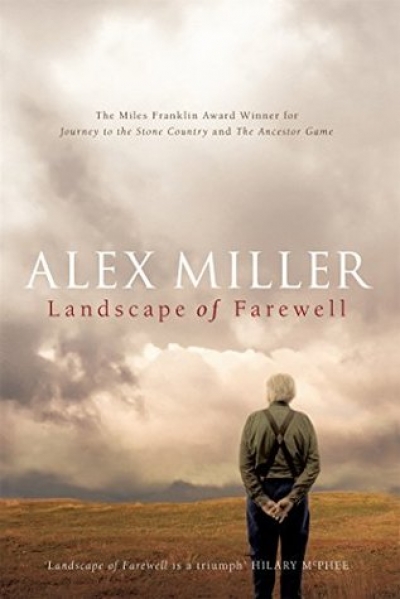Archive
On the Road: The original scroll by Jack Kerouac
by Richard Watts •
This Crazy Thing a Life: Australian Jewish biography by Richard Freadman
by Susan Tridgell •
Three Companions
It is now thirteen years since OUP Australia published the second edition of The Oxford Companion to Australian Literature (nine years after ‘Whitlam, Edward Gough’ launched the first edition). Peter Pierce, generally welcomed OCAL2 in his ABR review (‘A bountiful companion’, December 1994– January 1995): ‘The Oxford Companion to Australian Literature may be a touch too reverential towards its subject, but has enriched its study.’
... (read more)Dying: A memoir by Donald Horne and Myfanwy Horne
by Pamela Bone •
The Rise and Rise of Kerry Packer by Paul Barry & Who Killed Channel 9? by Gerald Stone
by Margaret Simons •
Australian Pastoral: The making of a white landscape by Jeannette Hoorn
by Daniel Thomas •

